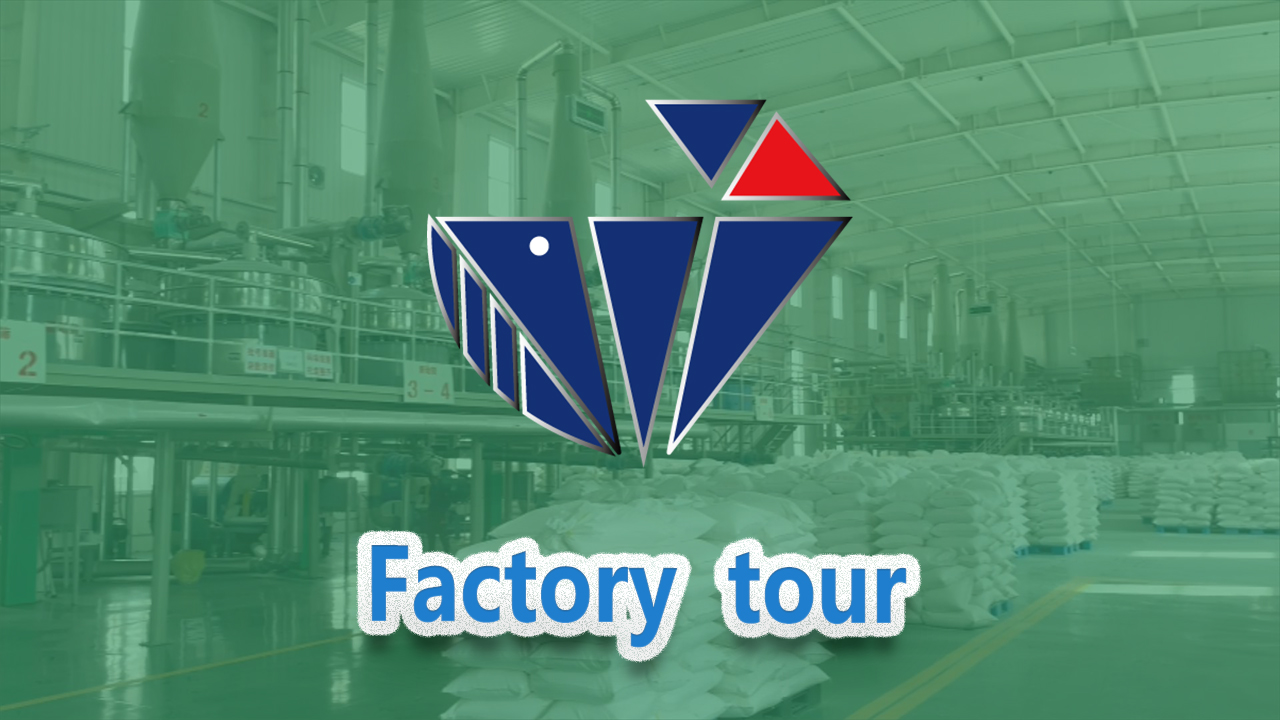
oct. . 31, 2024 20:33 Back to list
Exploring the Properties and Applications of HPMC Dispersion Systems for Enhanced Performance
HPMC Dispersion A Comprehensive Overview
Hydroxypropyl Methylcellulose (HPMC) is a versatile and widely used polymer in various industries, particularly in construction, pharmaceuticals, food, and cosmetics. Its unique properties, such as water retention, thickening ability, and film-forming capacity, make it an ideal ingredient for dispersion applications. This article delves into HPMC dispersion, highlighting its significance, properties, and applications.
What is HPMC?
HPMC is a cellulose derivative that is synthesized from natural cellulose through a series of chemical modifications. The resultant polymer is non-ionic and soluble in both hot and cold water, forming a clear and viscous solution. Due to its chemical structure, HPMC exhibits various functionalities that are beneficial in many formulations. Its non-toxic nature and biodegradability further enhance its appeal in eco-conscious industries.
Importance of HPMC Dispersion
HPMC dispersion plays a critical role in various applications. In the construction industry, for instance, it is commonly used in cement-based materials such as tile adhesives and plasters. By improving the workability and water retention of these materials, HPMC allows for extended open time, enabling contractors to work on larger areas without sacrificing performance. Moreover, HPMC's thickening properties enhance the stability and consistency of these mixtures, preventing separation and ensuring a uniform application.
hpmc dispersion

In the pharmaceutical sector, HPMC serves as a binding agent in tablet formulations, helping to improve the bioavailability of active ingredients. Its ability to form a gel-like structure upon hydration aids in the controlled release of medications, contributing to more effective and sustained therapeutic effects. Additionally, HPMC is used in various dosage forms, including ophthalmic solutions and emulsions, due to its excellent film-forming and stabilizing properties.
Applications in Food and Cosmetics
HPMC is also a popular ingredient in the food industry. It acts as a thickener, stabilizer, and emulsifier in products such as sauces, dressings, and dairy items. By enhancing texture and preventing syneresis (the separation of liquid), HPMC improves the overall quality and shelf-life of food products. Its ability to retain moisture also makes it a valuable ingredient in baked goods, contributing to softness and preventing staleness.
In cosmetic formulations, HPMC serves multiple functions, including thickening, stabilizing, and emulsifying. It is commonly found in creams, lotions, and gels, where it aids in achieving desired viscosities and texture. The polymer’s film-forming properties also contribute to the longevity of makeup products, ensuring that they adhere to the skin effectively.
Conclusion
HPMC dispersion is a critical aspect of many formulations across diverse industries. Its multifunctional properties make it an essential ingredient in construction materials, pharmaceuticals, food products, and cosmetics. As industries continue to evolve, the demand for sustainable and effective solutions is ever-increasing, and HPMC stands out as a reliable choice. With ongoing research and development, the versatility of HPMC is expected to expand, paving the way for innovative applications that enhance product performance and consumer satisfaction. Understanding HPMC and its applications can lead to more effective and sustainable formulations, benefiting both manufacturers and end-users alike.
-
Versatile Hpmc Uses in Different Industries
NewsJun.19,2025
-
Redispersible Powder's Role in Enhancing Durability of Construction Products
NewsJun.19,2025
-
Hydroxyethyl Cellulose Applications Driving Green Industrial Processes
NewsJun.19,2025
-
Exploring Different Redispersible Polymer Powder
NewsJun.19,2025
-
Choosing the Right Mortar Bonding Agent
NewsJun.19,2025
-
Applications and Significance of China Hpmc in Modern Industries
NewsJun.19,2025







